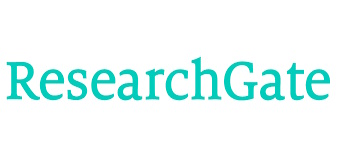Global Approaches to Digital Sovereignty: Legal Mechanisms for Managing Data and Digital Infrastructure
Keywords:
digital sovereignty, data localization, cross-border data flows, privacy protection, blockchain, artificial intelligenceAbstract
The rapid evolution of digital technologies and the increasing interconnectedness of global markets have raised significant concerns regarding digital sovereignty. Digital sovereignty refers to the control that nations assert over their digital infrastructures, including data governance, privacy protection, and cybersecurity. As the digital economy continues to expand, countries are seeking ways to manage their digital resources while balancing national interests with the demands of international cooperation. This narrative review explores the legal frameworks employed by various regions and countries in managing data sovereignty, highlighting both opportunities and challenges. The review examines key mechanisms such as data localization laws, cross-border data flows, and privacy protection regulations, with a focus on prominent jurisdictions such as the European Union, the United States, and China. It also investigates the role of emerging technologies like blockchain and artificial intelligence in shaping digital sovereignty policies. Furthermore, the review discusses the global challenges faced by nations in asserting digital sovereignty, including jurisdictional conflicts, cybersecurity concerns, and the influence of global tech giants. In conclusion, the review provides recommendations for policymakers on how to balance national control with international collaboration in the digital age. Key recommendations include the need for adaptable legal frameworks, enhanced cybersecurity measures, and multilateral cooperation on global digital governance standards. As digital sovereignty continues to evolve, it is crucial for countries to engage in international dialogues and develop harmonized regulations that promote both national security and global digital cooperation.










